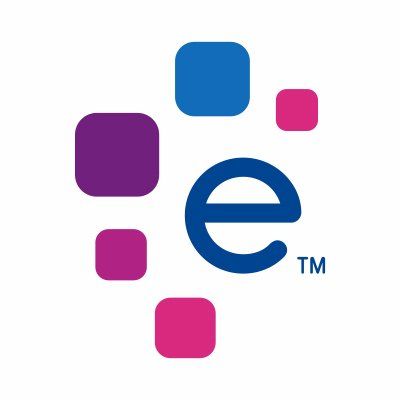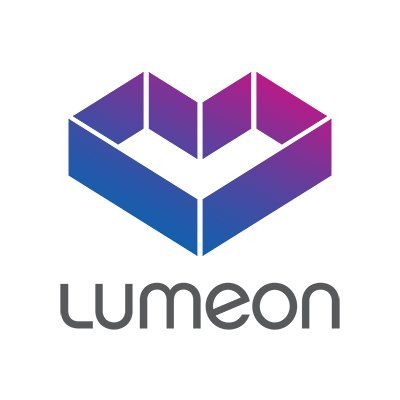Licensing and Cost: Iguana provides more flexible licensing options that aren't tied to the number of channels or connections, allowing businesses to scale without the added cost of per-instance or per-connection fees. This sets it apart from competitors that often charge based on the number of connections, interfaces, or instances, which can become expensive as integration needs grow.
Hosting Options: Iguana offers both self-hosted and cloud-hosted solutions, providing flexibility for organizations that need to align with their internal IT infrastructure, whether on-premise or in the cloud. This contrasts with other solutions that may only provide cloud-based hosting, which could be limiting for companies that require more control over their hosting environments.
Customizability: With Iguana, users can take advantage of a toolkit approach to build custom integrations themselves, offering full control over the integration process. This is ideal for organizations that prefer to manage their own interfaces and avoid relying on external services to build or maintain integrations. Other platforms may require paying for each interface or have more rigid, pre-built solutions that limit flexibility.
Support for Various Data Formats and Protocols: Iguana is versatile in supporting a wide range of data formats (such as HL7, FHIR, XML, JSON, etc.) and transport protocols (including LLP, HTTP/S, FTP, and more), making it suitable for diverse integration needs. Many competing solutions may specialize in a narrower set of data formats or protocols, limiting their application in more complex integration environments.
Key differentiator: Iguana’s flexibility, scalability, and cost-efficiency stand out, particularly for organizations looking to manage their own integrations and support a broad array of systems, data formats, and transport protocols.


























